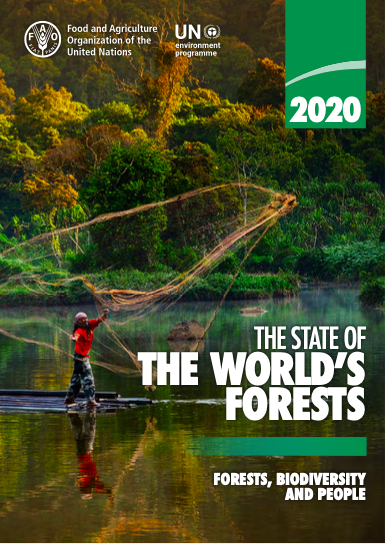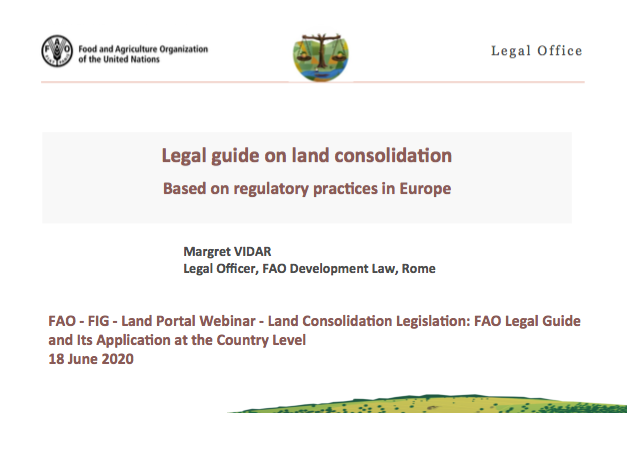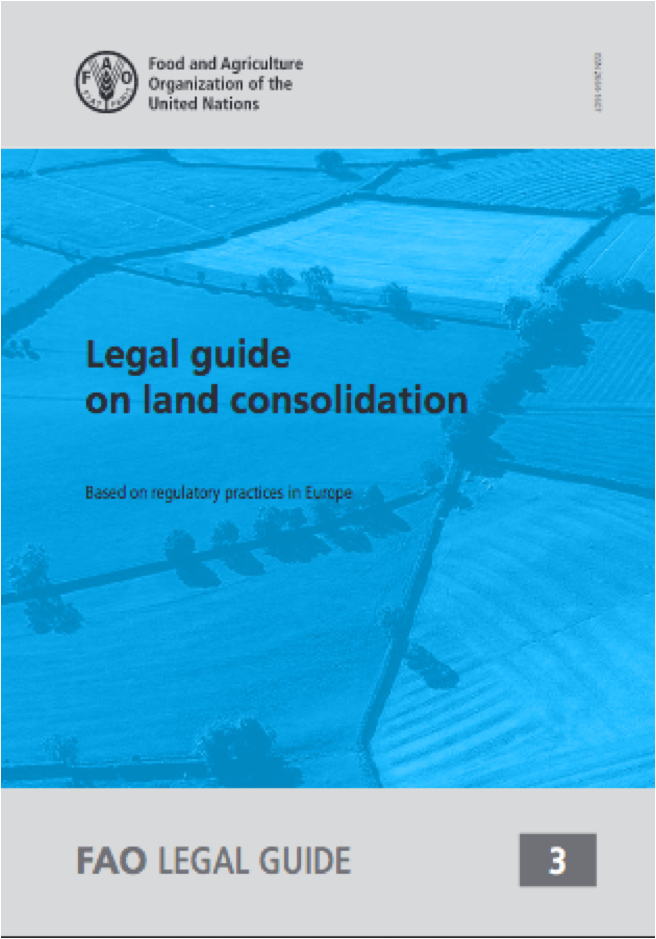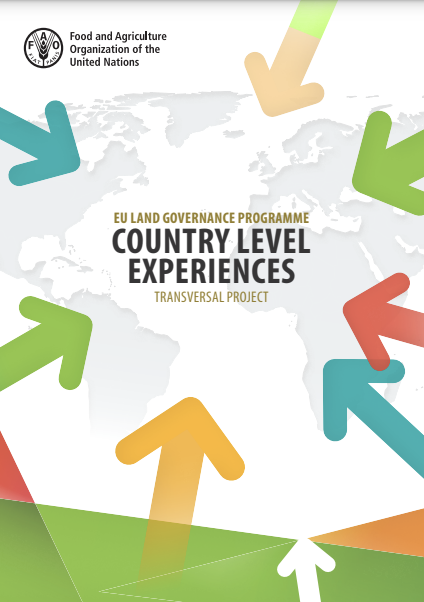Focal point
Location
The Food and Agriculture Organization of the United Nations leads international efforts to defeat hunger. Serving both developed and developing countries, FAO acts as a neutral forum where all nations meet as equals to negotiate agreements and debate policy. FAO is also a source of knowledge and information. We help developing countries and countries in transition modernize and improve agriculture, forestry and fisheries practices and ensure good nutrition for all. Since our founding in 1945, we have focused special attention on developing rural areas, home to 70 percent of the world's poor and hungry people.
Members:
Resources
Displaying 56 - 60 of 5074The State of the World’s Forests 2020
As the United Nations Decade on Biodiversity 2011–2020 comes to a close and countries prepare to adopt a post-2020 global biodiversity framework, this edition of The State of the World’s Forests (SOFO) examines the contributions of forests, and of the people who use and manage them, to the conservation and sustainable use of biodiversity.
Presentation: Legal Guide on Land Consolidation
This presentation was given at the Webinar "Land Consolidation Legislation: FAO Legal Guide and Its Application at the Country Level" on 18 June 2020. It explores the content of the new FAO Legal Guide on Land Consolidation, as well as the context that led to the development of this guide.
Legal guide on land consolidation
Land consolidation is a highly effective land management instrument that allows for the improvement of the structure of agricultural holdings and farms in a country, which increases their economic and social efficiency and brings benefits both to right holders as well as to society in general. Since land consolidation gives mobility to land ownership and other land rights, it may also facilitate the allocation of new areas with specific purposes other than agriculture, such as for public infrastructure or nature protection and restoration.
Land Degradation Neutrality for Water Security and Combatting Drought
As water is the most disruptive element in the ongoing climate crisis, how land is managed plays a major role in taming this disruption. This publication shows that avoiding, reducing and reversing land degradation can have positive long-term gains in water security.
EU Land Governance Programme, Country Level Experiences: Transversal Report
The European Union Land Governance Programme funds 18 individual country-level projects in Africa, Asia and Latin America, all of which address tenure issues, and are implemented alongside various partners, among which are government agencies, civil society organizations, bilateral and multilateral organizations and private contractors.











